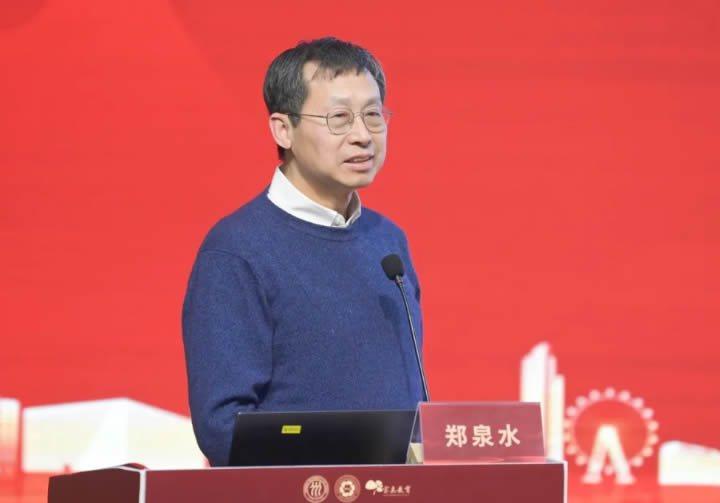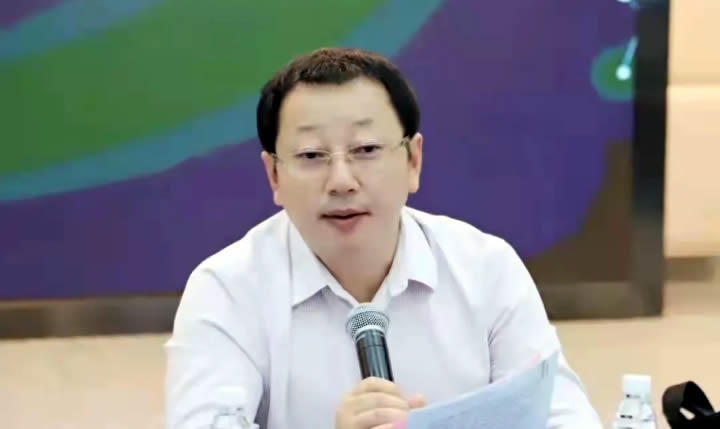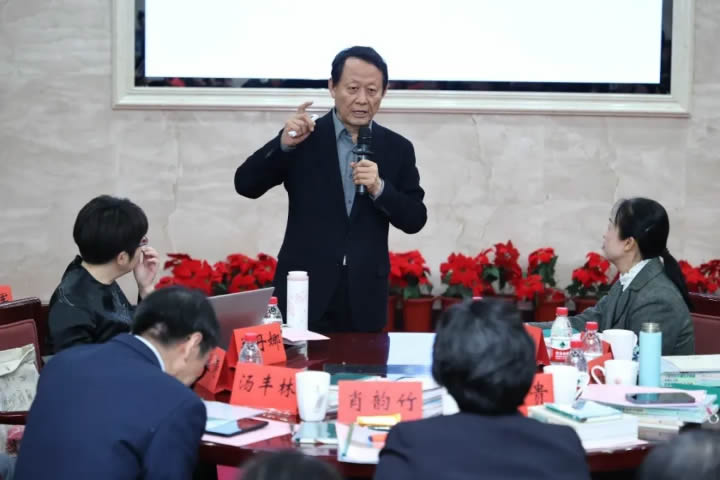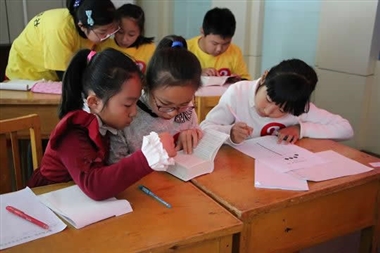来源:critical thinking 作者: John B. Mahaffie 已有0人评论 2017/1/30 8:00:09 加入收藏
Wemust discover all we can know about what that world will be like in the future,and try to guide our policies and educational efforts from that. Instead, toomany of our efforts stand, at best, in today. We guess or assume things aboutthe future with too little foresight.
In this analysis, we look at: 1). What weknow about our changing world and how it drives change in work, and 2).Personal and learning skills that will make our children successful in thefuture. This gives us not a design for new curricula, but a set of challengesto address as we build them.
Whatdo we know with some clarity about the future?
Based on what is emerging and changing now, wecan say that:
·Our lives and work lives will be sweptby regular waves of change
·More work will involve internationalconnections and citizenship will gain a more global focus
·More work will be multidisciplinary,involving new kinds of collaboration
·Far more jobs will mean workingintimately with digital machines and intelligent systems
·More elements of work and life will usevisual communications
·The world will be battlingsustainability issues in ways that will affect most workers
·Citizenship responsibilities will onlygrow more complicated as societies confront new issues
Nineskills children need for their future
Preparing for uncertainty raises thequestion up from the specific to the more general, from workplace skills we candefine today to skills that prepare a child for an uncertain range of possiblefutures and for steady change. What are those things?
1.Love of Learning— With nocertainty about the skills and knowledge we will need. A desire to learn willgive an individual greater success. That comes from experiences as a child inwhich learning is challenging, interesting, rewarding, and fun, and sometimesincludes what the child wants to learn.
2. Skill at learning— Learning tolearn is a teachable skill and should be at the core of the school curriculum.This includes iterative efforts at instilling and advancing learning skills,and giving students the chance to reflect and learn about how they learn best.
3. Self-knowledge — Self-knowledge is thusa central skill. A critical part of it is humility, but another isself-confidence. The self-aware child will grow to be someone who can and wantsto talk to all sorts of people. To listen well and to continue to learn.
4.People sense — Children may be naturally self-focused and thus inpractice, selfish. There is a way out. We can work with them to understand thesituations others are in, the points of view that other people have. The childwho develops people sense will be a strong collaborator.
5. Communication—Communication includesspoken, written, and increasingly, visual communication, and will befundamental to most kinds of work. This is strengthened by people sense, and inturn improves and strengthens skill at collaboration.
6. Worldliness— Not all educationhappens in school. Consider the advantages of the child who has been to thecapital city and has seen what's there compared with the child who has neverleft the village. Or, to be fair, also the child who lives in the city and hasnever seen a farm or village.
7. Comfort with complexity— The worldis not driven by simple cause and effect and big questions are not black orwhite. Our world is full of subtlety and complexity. Examining it andunderstanding it that way is essential for success in work and in life.
8. Goal setting— Successful peoplelearn how to set goals and meet them. For the employer, this means they areproductive. For the individual, this can mean personal success and advancement.
9.Open minds — No success is possible if we don’t raise children to becomeadaptable, thoughtful, open-minded adults. Theirs will be a world of constantchallenge and change, and being strong and prepared means being able to change.
Innovative programs around the world put afocus on at least some of these nine skills, often with curricula thatemphasize experiential learning, collaboration, and a focus on the learner'sown interests, needs, and motivation. For example, many of the tenets ofprogressive education mesh with, or directly support, these critical skills andprovide a philosophy and framework for addressing them even more. International Baccalaureate programs include core concepts of holisticlearning, intercultural awareness, and communication. In the US, the CommonCore drives a focus on readying children, even at the elementary level tounderstand how they learn.
But while this innovation continues, a"back to basics" push may overweigh interest in this kind of skillsbuilding. And that would mean a loss of the depth and strength we need toinstill in young minds around the world.
What we can tell now about the long-termfuture indicates something clearly: literacy in old but also new forms andgeneral education, are critical. But the pressures today for a focus onvocational education and on science, technology, engineering, and math (STEM),could easily be overplayed, tipping the balance in our education systems toofar from the core learning and learning to learn which will prepare studentsfor the unknown.
Let’s not allow deeper education to yieldto the shorter-term needs of the workplace. Those jobs, which want to dictatecurricula, right now may be gone and certainly will be changed within a fewyears. Specific job skill training is for the workplace. Education is for theschools.
(作者John B. Mahaffie是顶级未来学家,主要研究影响职业胜任力的技能因素。荆楚理工学院李学银老师推荐并翻译此文。文中附有英语原文,有兴趣的朋友可以对照阅读。)











中国创新教育网 版权所有:站内信息除转载外均为中国创新教育网版权所有,转载或摘录须获得本网站许可。
地 址:潍坊市奎文区东风大街8081号 鲁ICP备19030718号  鲁公网安备 37070502000299号
鲁公网安备 37070502000299号